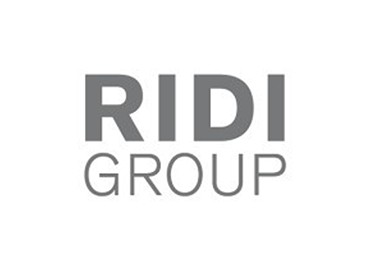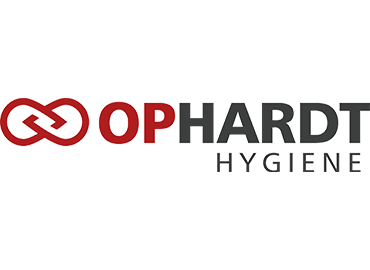About RIDI
Headquartered in Jungingen, Baden-Württemberg, the RIDI Group stands as one of Europe’s largest manufacturers of technical and design-oriented luminaires, with 9 subsidiaries, over 600 employees, and an annual turnover of over 100 million euros (2019). With production facilities spanning approximately 52,000 m², its renowned brands RIDI and Spectral embody quality craftmanship “Made in Germany.”
In line with a consistent customer-centric approach, the RIDI Group has expanded its portfolio to include numerous service modules that can be individually combined to create holistic 360° packages. These offerings range from lighting design and installation to light rental and light leasing, complemented by digital services that enable intelligent lighting and building control solutions. The range of applications of the RIDI product world includes lighting concepts for offices, industry, retail, sport, education, and culture as well as hotels.

The challenge
Digitalization, sustainability, aesthetic demands, and legal requirements are making lighting design more complex than ever. As the industry moves towards digital-centric sales and consulting, effectively showcasing a diverse portfolio across multiple platforms has become a monumental task. The RIDI Group grapples with cataloging approximately 13,000 products, each with numerous variants and detailed technical data, down to custom configurations online and in multiple languages.
To overcome these hurdles and eliminate data silos, the company recognized the limitations of its existing PIM system, prompting a decision in 2020 to adopt a robust, future-proof solution. Contentserv emerged as the ideal choice, particularly in its cloud-based iteration, aligning seamlessly with the Group’s digital strategy. This new system aims not only to centralize product information and media assets but also to ensure high data quality and automate processes extensively. By doing so, the RIDI Group prepares to meet the evolving needs of B2B customers and integrate with smart IoT lighting applications, thus positioning itself for continued success in a rapidly evolving industry.






